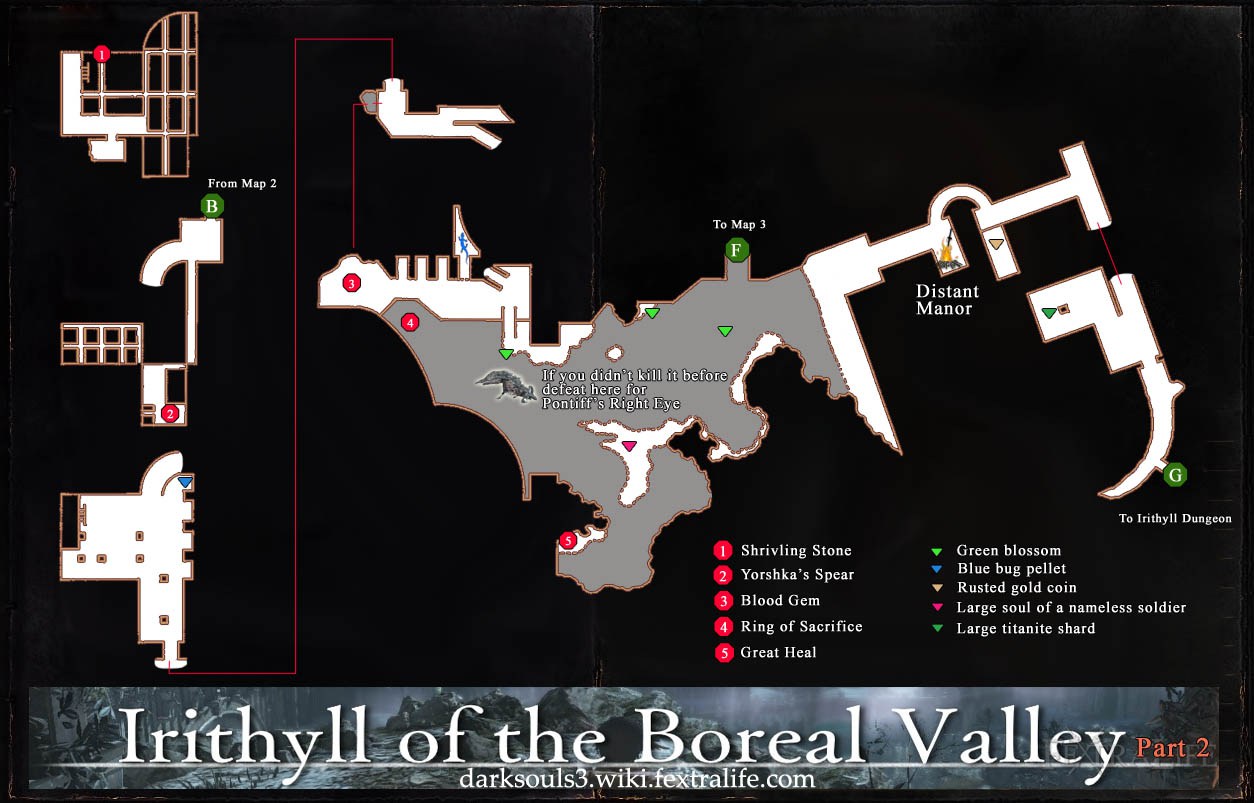


I thought it was wonderful, a queer exploration of Dracula’s journey on board ship to England that is full of haunting Gothic imagery.


So is José Luis Zárate’s The Route of Ice and Salt, translated by David Bowles, the Mexican novella you managed to bring into English recently through your micro-press, Innsmouth Free Press. It’s very different from typical Western fare – not only because of the biology of the vampires, but the tone of the book – and all the better for it. Meanwhile, I think it was you who turned me on to Kazuki Sakuraba’s A Small Charred Face (2017), translated by Jocelyne Allen, a terrific Japanese vampire novel told in three parts. Huge bestsellers in Russia, I came to them through the two Timur Bekmambetov film adaptations. In modern-day Moscow, supernatural creatures battle each other, some taking the side of the dark and some of the light. The book isn’t about vampires exclusively, but the ones that are there are great. So, from Russia, there’s Sergei Lukyanenko’s Night Watch (and its sequels), translated by Andrew Bromfield. But we like to focus on books that have gotten less notice. Lavie: I feel you have an unfair advantage, in that you actually wrote a vampire novel and I didn’t! I know whatever we do people will say, “How could you not mention … ?” So, yes, Richard Matheson’s I Am Legend (1954) is a vampire novel – a very good one. So come with us as we bid you welcome, Renfields! Let’s talk about the wonderful bloodsuckers of literature. From Salem’s Lot to Twilight, The Historian, Let the Right One In, Anne Rice’s Lestat and Charlaine Harris’s Bill Compton, vampires are everywhere. But there’s no denying it was Bram Stoker who, with 1897’s Dracula, dragged the vampire into the limelight. Lavie might counter with Sheridan Le Fanu’s Carmilla, the progenitor of lesbian vampires. THE WASHINGTON POST – What is the appeal of the vampire novel – and how did this burgeoning horror subgenre begin? Silvia might point to John Polidori’s 1819 novel The Vampyre, inspired by the same ghost storytelling night on Lake Geneva that gave us Mary Shelley’s Frankenstein.


 0 kommentar(er)
0 kommentar(er)
